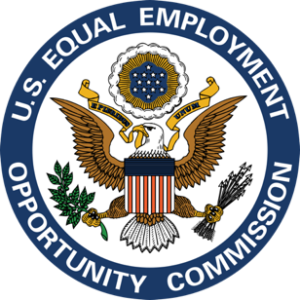 From an employer standpoint, one of the worst things that can happen to a business is the breakup of the employer-employee dichotomy. People perform at their best when they believe that their supervisors are both fair and impartial. A culture of support must be adopted, and employees need to feel comfortable in voicing their objections against illegal acts.
From an employer standpoint, one of the worst things that can happen to a business is the breakup of the employer-employee dichotomy. People perform at their best when they believe that their supervisors are both fair and impartial. A culture of support must be adopted, and employees need to feel comfortable in voicing their objections against illegal acts.
Work efficiency aside, there is now another reason why employers must carefully monitor the manner in which they and their support staff conduct themselves.
The U.S. Equal Employment Opportunity Commission has recently issued a new “Enforcement Guidance” which is geared at addressing workplace retaliation claims. Workplace retaliation constitutes any unlawful retaliation or reaction that arises as a response to a protected action taken by an employee. These protected actions usually come in the form of an employee’s decision to report a violation of any of the statutes enforced by the EEOC, including but not limited to actions involving race, age, disability or gender discrimination.
If an employee chooses to report any unlawful conduct or violations to their employer, the employer is barred from taking any retaliatory action. Under this “Enforcement Guidance,” a claim for retaliation arises if the employee (1) engaged in a protected activity, (2) was then subjected to a “materially adverse action,” (3) and there was a causal connection between the protected activity and the materially adverse action.
Now, while this new “guidance” by the EEOC is not law, it is still highly influential in determining the validity of a lawsuit brought against a business by an employee. The “materially adverse action” criteria encompasses quite a bit, as it can be construed as any action which would deter a person from engaging in a protected activity. For example, a poor performance review for an employee who spoke up against gender discrimination would be considered a “material adverse action.”
In combatting the prevalence of these types of claims against a business, an employer would be strongly advised to create a system of accountability and support. Any complaints should be correctly logged and filed, along with any actions that are taken in response. These paper trails could be vital to protecting your company if lawsuit is filed.
This article was written by Nezar Habhab, Law Clerk.



